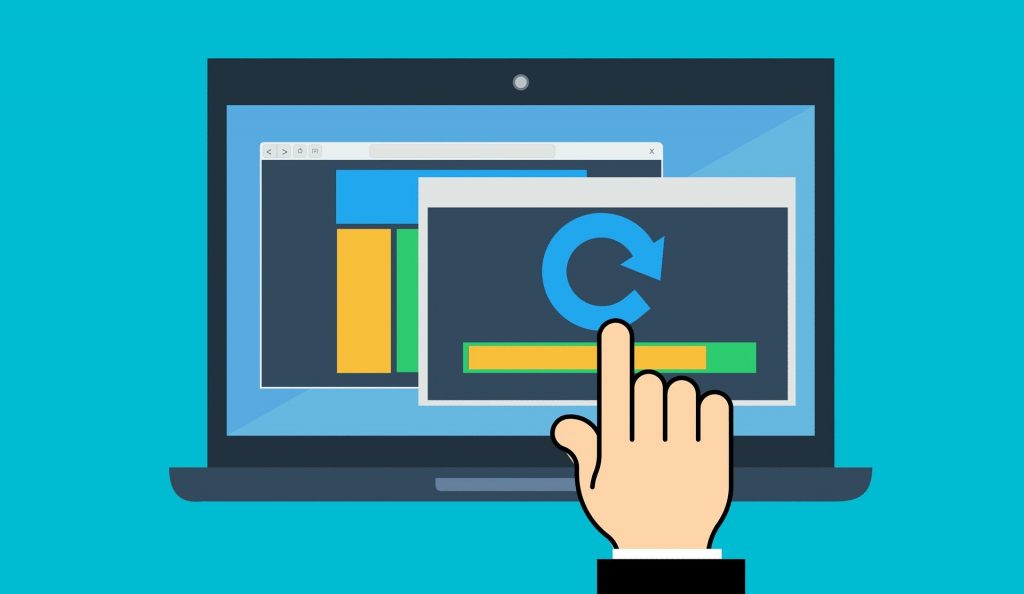
It’s 2020 time to upgrade your IT
It’s 2020 time to upgrade your IT
The biggest misconception about upgrading technology in your business is the fact that it’s not always the actual hardware that requires upgrading.
In this article, we will outline so of the easily missed opportunities when reviewing your business technology and how it “plugs in” to your day to day tasks.
First, off we have to give a special mention to Windows 7, Microsoft Server 2008. January 2020 sees the end of support of both these operating systems.
What does this mean for your business? Insecurity. Microsoft will no longer be releasing security updates to either of these operating systems.
If you have this software running in any part of your business it’s time to upgrade today.
What apps can I use?
Microsoft Office 365 is now an evergreen product, this means that it’s constantly being updated.
There comes a whole suite of business productivity apps and tools. Noteworthy mentions over the last 24 months include:
Microsoft Teams, we have covered extensively in the past. This app is still going to be a hot trend in 2020.
Microsoft Planner – another app included in Office 365 this is a scaled-down version of Microsoft Project that you can easily create tasks lists, assign tasks to colleagues and process flows. Best of all you can integrate this seamlessly into a Microsoft Team, perfect for collaboration.
Workforce efficiency
If you ever hear the words being muttered “my computer is slow” then I have to give a special mention to solid-state drives. Whilst these have become popular in the last 5 years there are still workstations that do not include these devices as standard.
Swapping out a standard computer hard disc drive for an SSD is probably the biggest performance boost you’ll see from a hardware perspective.
That 5-10 minute boot of Windows gets reduced to seconds. Do the math over 10 workstations and you can save over a day of lost work a month by upgrading the entire fleet to SSD’s.
True Efficiency through automation.
Do you have manual laborious tasks in your business? An audit of your processes is probably going to highlight a handful of processes that are manually done which could quite easily be automated with the right technology.
There are many examples of business automation. Office 365 now comes with an automation platform, formerly called Microsoft Flow the new name is “Power Automate”.
This service allows drag and drop automation approach. Meaning the skill requirement for automating basic functions are no longer limited to computer programmers.
If you would like information on any of the IT upgrades mentioned in this article please get in touch with us.
Comments are closed.